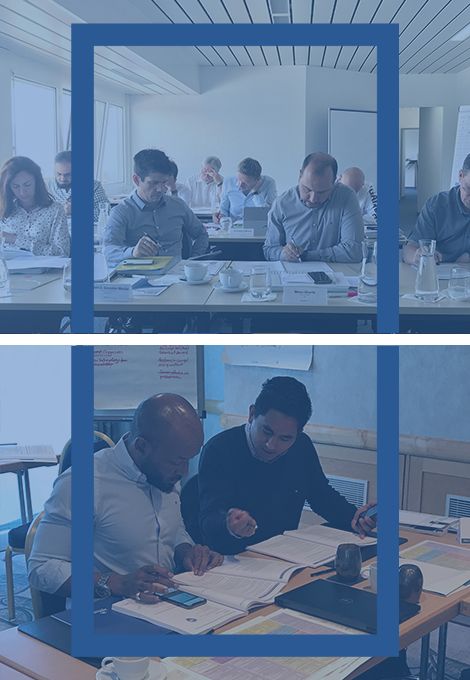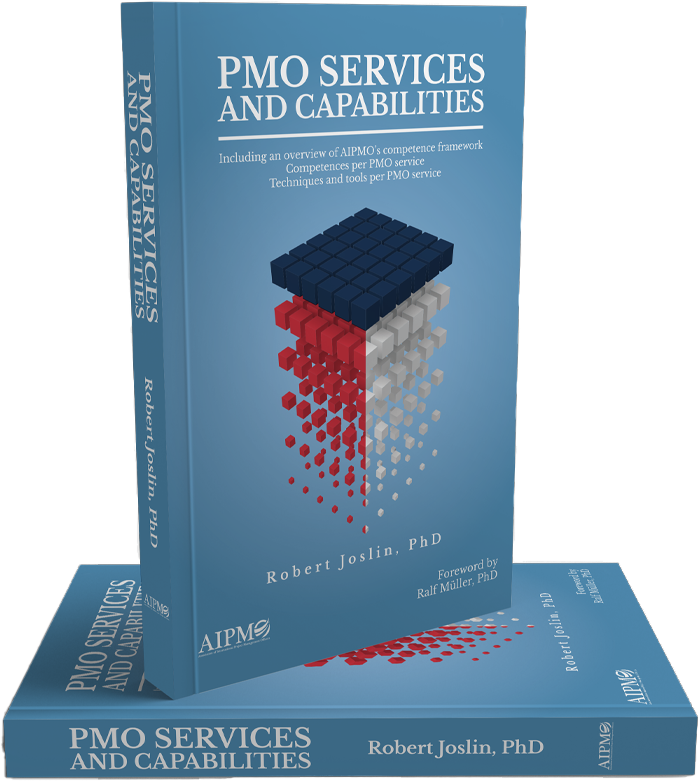IPMO-Foundation
Start your PMO Journey
Course Description
The International Project Management Officer (IPMO)® certification is the most important industry-recognized series of credentials for project management officers and professionals working in, or associated with, PMO activities and related services.
The foundation-level certification is aimed at PMO team members, project team members, and all stakeholders within the first year or two of their involvement in project environments.
The course explains the foundational knowledge to understand how PMOs add business value to delivery of projects within programs and portfolios.
The knowledge gained in the course will help you build skills from your existing and future workplace experience to become an increasingly competent PMO team member.
By the end of the course, participants will have demonstrated use of the steps and techniques to design, establish, and deliver PMO services. Certified IPMO Foundation members have demonstrated, through a combination of formal training and exam-based knowledge assessment, that they are able to contribute to the successful operation of a PMO in any organization.
The Foundation-level certification course brings the latest in academic research and best practices together into a PMO lifecycle framework. The AIPMO Lifecycle framework describes how to build a service-oriented PMO that delivers capabilities matched to project, program, and portfolio needs; your role(s) in running, monitoring, and controlling a PMO; what exactly PMO success is; and what PMO maturity is and how factors are connected to influence project success.
You will learn to view PMOs in terms of services and the associated supporting capabilities, design and deliver a core set of PMO services, develop personal competencies that enable service delivery, and utilize key tools and techniques that support and extend these competencies.
Insights covered in the course materials are being collated to form AIPMO’s upcoming AIPMO Body of Knowledge. The AIPMO BoK will comprise several books that each address a particular aspect of the elements of a successful PMO. Course graduates will have a head start in understanding and using the framework of capabilities and linked techniques and tools.
To stand out as an excellent PMO professional, you need to know what is of greatest value to each unique project. Capability is gained from experiencing projects firsthand but is hugely accelerated by prior explanation of how the complex factors that exist in all organizations affect the projects, their stakeholders, and project controls.
This course immerses you in the world of PMO service delivery and the worlds of project control over product development lifecycles. By using the course’s case study, you will see and practice the implications of your PMO’s actions on project success, team morale, and business results.
The use of the case study makes this course hands-on. Attendees work on the day-to-day operational aspects of PMOs by meeting the challenges to improve the running, monitoring, and controlling of a PMO using PMO best practices.












